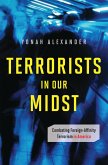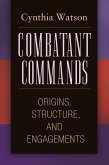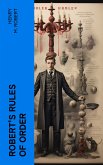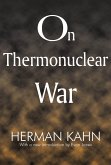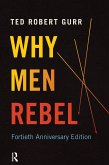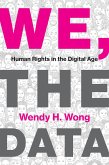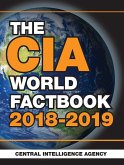This unique work analyzes for the first time how foreign-affinity terrorism works in a major democratic nation like the United States, and what this country must do to survive the terror challenge, on both conventional and unconventional levels.
To date, no definitive study has dealt specifically with the role of American citizens in supporting a foreign political, ideological, and religious illegal agenda. Terrorists in Our Midst: Combating Foreign-Affinity Terrorism in America remedies that as six expert authors discuss the threats of Americans to security interests in the United States and elsewhere, exploring what can and should be done to reduce a risk that may threaten the very survival of the free world.
Terrorists in Our Midst focuses not only on foreign nationals operating in the United States, but also on American citizens participating in terror networks at home and abroad. The book presents an overview of both conventional and unconventional terrorism, surveys the terrorist threat in the United States by state and nonstate actors, and analyzes the foreign-affinity links of American operatives in this country and abroad. Most important for the safety and security of the United States, it offers an assessment of what policies worked and what did not work, specifying a "best practices" agenda of recommendations that should be adopted by the United States and the international community.
To date, no definitive study has dealt specifically with the role of American citizens in supporting a foreign political, ideological, and religious illegal agenda. Terrorists in Our Midst: Combating Foreign-Affinity Terrorism in America remedies that as six expert authors discuss the threats of Americans to security interests in the United States and elsewhere, exploring what can and should be done to reduce a risk that may threaten the very survival of the free world.
Terrorists in Our Midst focuses not only on foreign nationals operating in the United States, but also on American citizens participating in terror networks at home and abroad. The book presents an overview of both conventional and unconventional terrorism, surveys the terrorist threat in the United States by state and nonstate actors, and analyzes the foreign-affinity links of American operatives in this country and abroad. Most important for the safety and security of the United States, it offers an assessment of what policies worked and what did not work, specifying a "best practices" agenda of recommendations that should be adopted by the United States and the international community.



